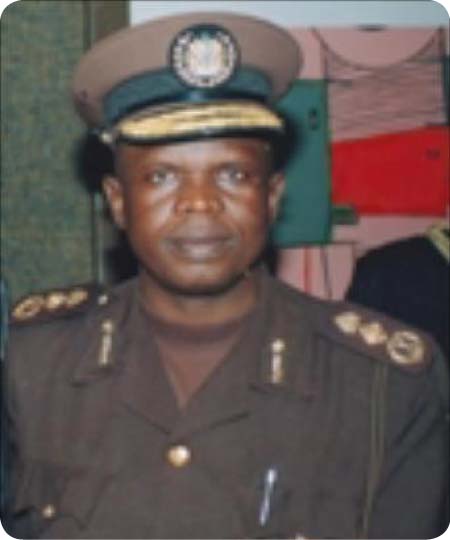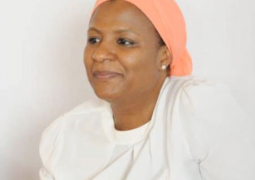
The
ECOWAS Heads of Immigration Services have endorsed the proposal by the Nigerian
government for the establishment a Migration Training Academy as part of
measures to effectively manage migration and emerging trends associated with
movement of persons across borders.
The
final recommendations texts read out on behalf of the immigration chiefs by the
ECOWAS Head of Division Free Movement and Migration Dr. Tony Luka Elumelu on
the 4th of August 2017, bordered on regional progress on the implementation of
ECOWAS Free Movement Protocol effectiveness of free movement, border
management, data management and sharing, regional coordination, as well as
monitoring and reporting among others.
The
regional immigration heads called for the setting up of a committee to
implement a strategy on the ECO visa and determine a timeframe for its
convergence while stressing that all major airports in the region should be
linked continuously with the database of the International Police Organisation
(INTERPOL).
Recognising
the importance of the exchange of specimens of travel documents amongst Member
States to aid clearance and check fraudulent use of travel documents, they
maintained that all travellers (including minors) should be issued travel
documents by immigration authorities while ECOWAS should adopt a common
approach for the protection of children to monitor and combat abuse and human
trafficking.
They
also called for the inclusion of immigration in the national security
architecture in Member States where applicable and the provision of dedicated
counters for ECOWAS citizens alongside nationals of Member States in addition
to the conduct of joint investigation to combat trans-national crimes.
Apart
from suing for the establishment of a migration data management unit within
ECOWAS, the chiefs recommended that a checklist on the annual assessment on
Free Movement protocol should be developed and shared with Member States while
an assessment on the protocol, be implemented by an independent body making
sure that ECOWAS and Member States are assessed in the process.
The
immigration Chiefs reviewed existing instruments and held that the architecture
of ECOWAS units dealing with Migration (particularly Peace and Security, Free
Movement) at the regional level should be applied also to the national level
for “enhanced harmonisation”
In
the same vein, they held that a regional network on migration should involve
institutions from each Member State and not focal points while responsibility
in this regard should be with the institutions as against individuals.
While
stressing that the issuance of biometric Identity Cards in all member states
should be implemented forthwith, they urged the reinforcement of civil registry
system as a necessary precondition for issuance of travel documents.
Other
pertinent recommendations made at the end of their meeting included the need to
increase the number of female border operatives to handle migrants/vulnerable
persons, deployment of technology on migrants’ information system in order to
ensure effective border control/management and the necessity of elimination of
extortion and corrupt tendencies amongst border operatives.
They
also recommended the inclusion of migration in the national political agendas,
particularly in the development of strategies and policies alongside having
elaborate migration strategies/policies for all ECOWAS countries on the road to
the attainment of a regional common migration policy.
The
Heads of Immigration meeting wounded up with a gala night where the official
version of the Report and Recommendations were signed on the heels of visits by
the chiefs to the Nigerian Immigration Service headquarters and its Combined
Expatriate Residence Permit and Aliens Centre (CERPAC).
It
was preceded by the Migration Dialogue for West Africa (MIDWA) Border
Management Working Group preparatory meeting which also held at the ECOWAS
Commission, Abuja, Nigeria.
Source: Ecowas Communication Unit



